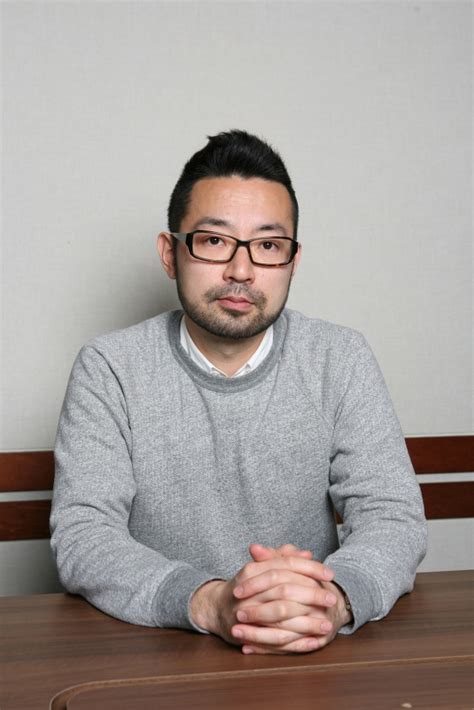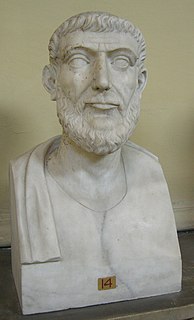A Quote by Yasmina Khadra
Though there are things beyond our understanding, for the most part we are the architects of our own unhappiness.
Quote Topics
Related Quotes
All of us are prone to excuse our own mediocre performance. We blame our misfortunes, our disfigurements, our so-called handicaps. Victims of our own rationalization, we say silently to ourselves, 'I'm just too weak,' or 'I'm not cut out for better things.' Others soar beyond our meager accomplishments. Envy and discouragement take their toll. .
The most exciting part of finding out who we are is discovering our own uniqueness, who we are outside the box, beyond the categories in a Psychology 101 textbook. In our inimitable singularity, there is an infinite range of possibility that cannot be tied to any one description of what it means to be human or healthy.
Why do we so mindlessly abuse our planet, our only home? The answer to that lies in each of us. Therefore, we will strive to bring about understanding that we are--each one of us--responsible for more than just ourselves, our family, our football team, our country, or our own kind; that there is more to life than just these things. That each one of us must also bring the natural world back into its proper place in our lives, and realize that doing so is not some lofty ideal but a vital part of our personal survival.
Faith in the gospel restructures our motivations, our self-understanding, our identity, and our view of the world. Behavioral compliance to rules without heart-change will be superficial and fleeting… We can only change permanently as we take the gospel more deeply into our understanding and into our hearts. We must feed on the gospel, as it were, digesting it and making it part of ourselves. That is how we grow.
The sense of unhappiness is so much easier to convey than that of happiness. In misery we seem aware of our own existence, even though it may be in the form of a monstrous egotism: this pain of mine is individual, this nerve that winces belongs to me and to no other. But happiness annihilates us: we lose our identity.







































